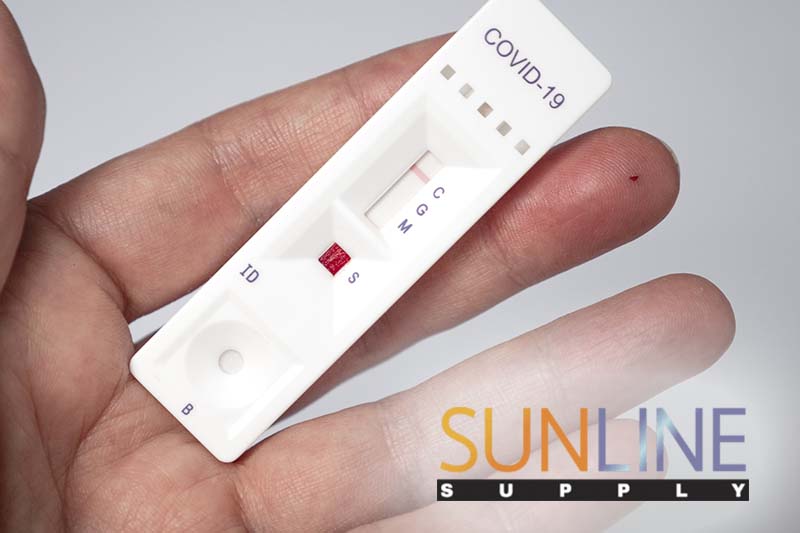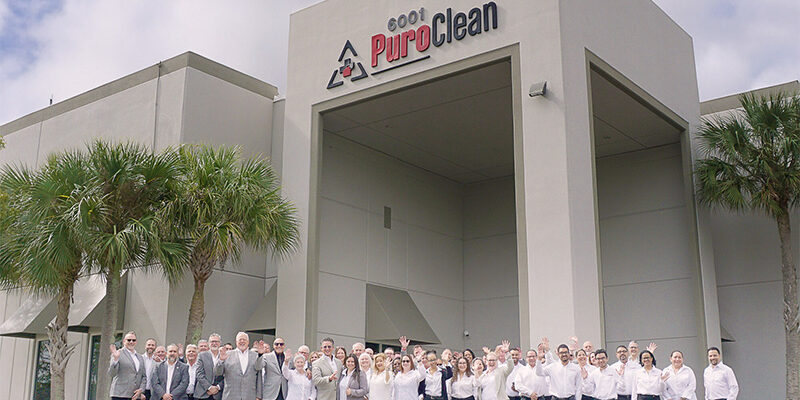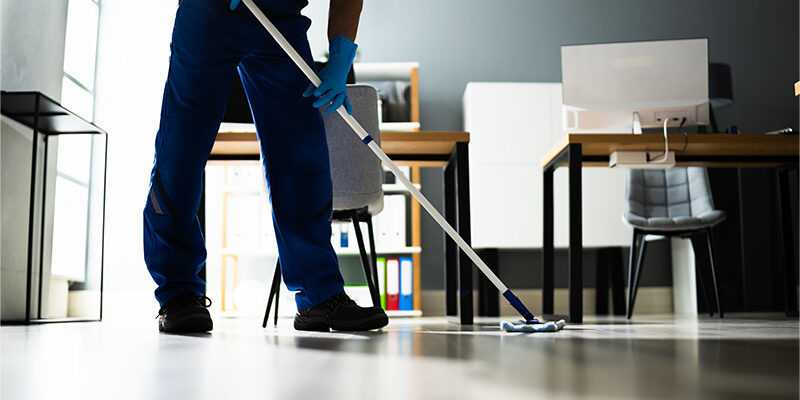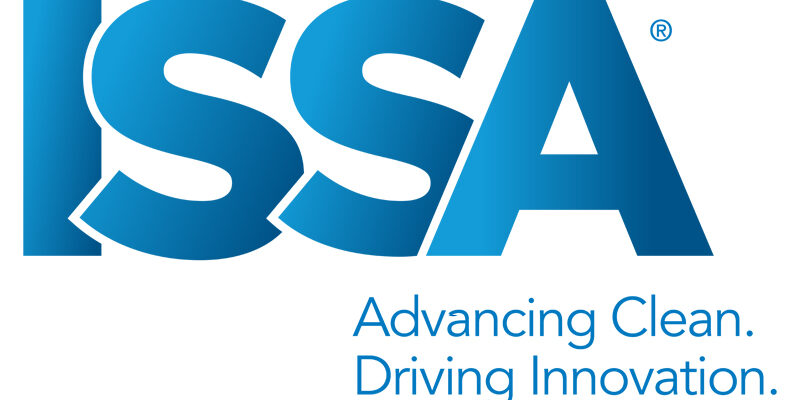COVID-19 Testing Employees

PHILADELPHIA—February 15, 2021—During the pandemic, the common occurrence of an employee falling ill or just feeling a little under the weather can trigger heightened concern for staff safety and questions about the appropriate protocols. Is it COVID-19, or just a cold or allergies? Should your staff quarantine? Without a rapid test for the virus, the uncertainty could mean loss of productivity, panic among other employees, and potentially even transmission of the virus throughout the company.
“Antibody and antigen tests are available to keep on site for faster results, which means companies can quickly address employees’ health concerns by being better prepared to identify and isolate infections as needed,” explains Jordan Berkowitz, president of Sunline Supply. “There’s no reason to lose even more productivity than many already have to the pandemic.”
With both antibody and antigen test kits available, it’s important for companies to ensure they are selecting the appropriate testing product for their team’s needs. To screen individuals who may have been exposed to COVID-19, antigen tests utilize a nasal or throat swab and can provide results quickly, often on-site and within 30 minutes. With few false positives, these tests can identify those who need to be sent home and/or quarantined to reduce transmission. However, antigen tests still miss some active infections, which can necessitate further testing and potentially allow the virus to spread undetected.
Anitbody tests use a blood sample to detect the presence of proteins that indicate a prior infection. Results from these tests take a bit longer—typically 1-3 days—but are important in helping to track the spread of COVID-19 and have been vital to research on combatting the virus. However, antibody tests must be administered by a medical professional licensed to draw blood and are not effective in diagnosing new cases.
In the continued fight against COVID-19, Berkowitz notes, “Testing kits really are an essential element of PPE considerations because they help give companies more information about how well they’re managing viral transmission, which allows them to assess future needs and better protect employees.”












